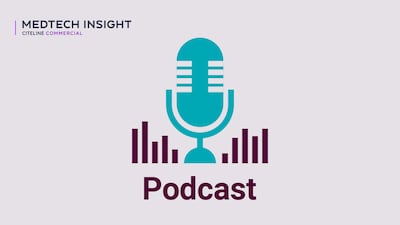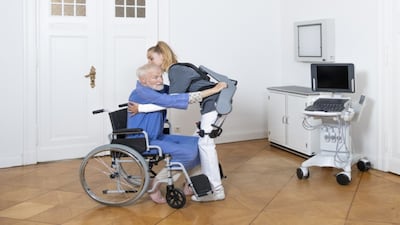In a strong medical device private financings climate last year, the company that did the largest private financing was, surprisingly, Wilmington, MA-based OmniSonics Medical Technologies Inc. The company is developing an innovative technology that uses acoustical energy to break up clots, plaques, and other occlusions wherever they occur in the human vasculature. OmniSonics' Series C financing will ultimately wind up raising a total of $44 million, the first tranche of which, representing $34 million, closed at the end of December, with another $10 million scheduled to come in mid-February of 2004. [See Deal]
OmniSonics' financing success is particularly impressive given how much difficulty the company had raising money in the first place. During the late 1990s, CEO Robert Rabiner knocked on dozens of...
Read the full article – start your free trial today!
Join thousands of industry professionals who rely on Medtech Insight for daily insights
- Start your 7-day free trial
- Explore trusted news, analysis, and insights
- Access comprehensive global coverage
- Enjoy instant access – no credit card required
Already a subscriber?







